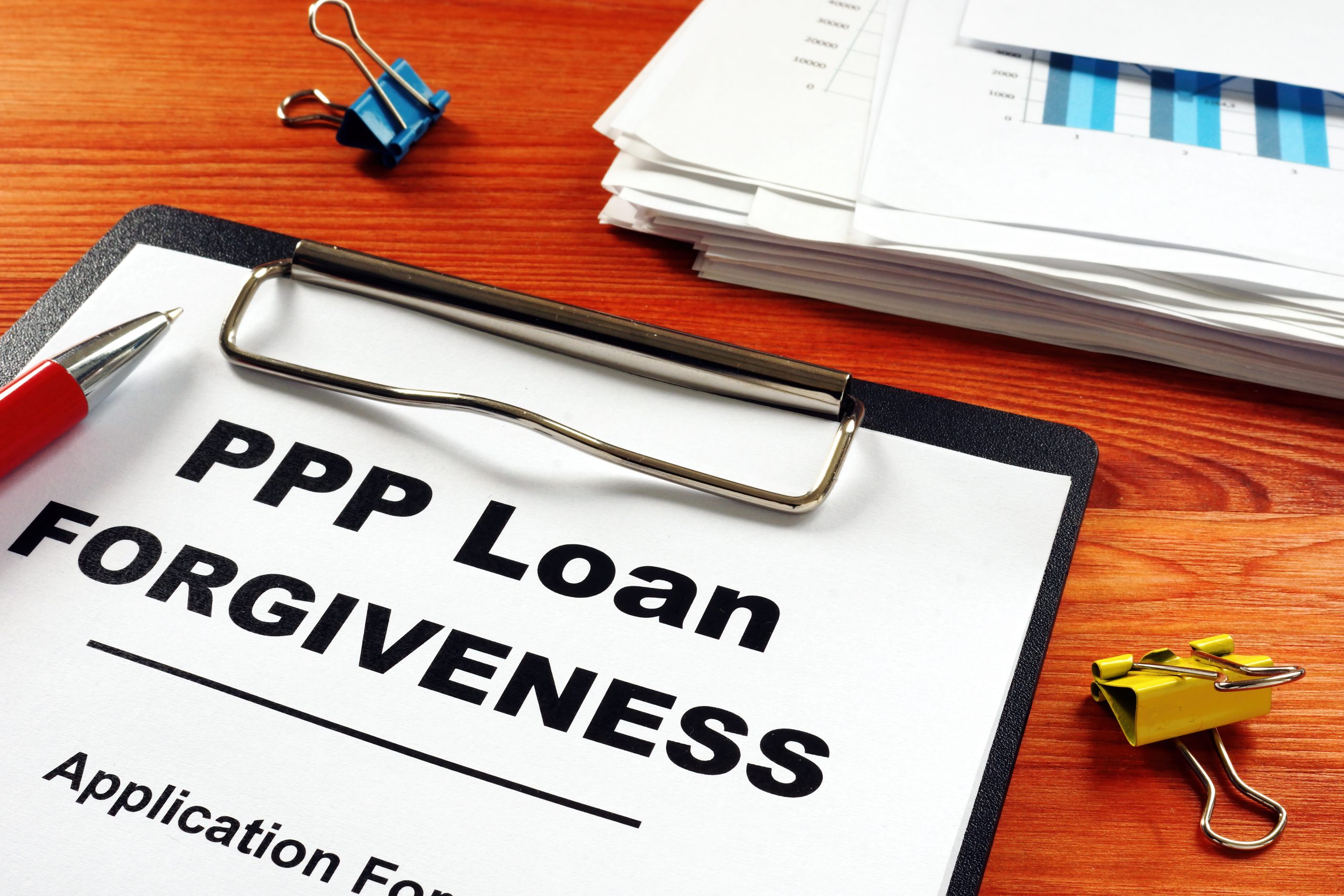After months of legal tussling, the Small Business Administration released detailed data yesterday on all recipients of its Paycheck Protection Program.
For months, the agency fought to withhold the release of information about the loans issued to U.S. businesses in the spring. Despite multiple court rulings instructing the agency to release the full borrower names and exact amounts of Paycheck Protection Program loans, the SBA requested a stay of the latest decision to again argue for withholding the information. Judge James Boasberg denied the request and ordered the agency to release the information by Dec. 1.
The Paycheck Protection Program was a major component of the nation’s largest-ever stimulus package. Distributed earlier this year, it provided in excess of half a trillion dollars in financial assistance to businesses affected by the COVID-19 pandemic. For months following the initial round of assistance, the SBA withheld the identity of borrowers and the exact amount of their loans, arguing that such information would compromise the privacy of America’s small businesses.
Later in the summer, following legal pressure, the SBA opted to identify only the largest loan recipients. The names and addresses of businesses receiving PPP loans greater than $150,000 were released in a public dataset. However, this data accounts for only a quarter of all loans made through the program.
The remaining data was the focus of a Freedom of Information Act lawsuit filed by a coalition of news organizations. Boasberg ruled Nov. 5 that that none of SBA’s claimed FOIA exemptions applied to the requested PPP data, ordering the agency to “supplement its prior disclosure with the names, addresses, and precise loan amounts of all PPP and [Economic Injury Disaster Loans] borrowers.”
Despite this ruling, the SBA again refused to release additional information, instead filing a motion to stay the court’s decision until Dec. 7 while it considered its case for appeal.
“Although cognizant that a denial of such Motion could moot an appeal, the Court nonetheless finds that the relevant factors weigh against a stay. It will, accordingly, deny the Motion and order SBA to release the requested information by December 1, 2020,” Boasberg wrote in his decision.
The agency’s efforts to delay the release of borrower information came at a time when multiple factors complicated the situation. Many borrowers currently are applying for loan forgiveness, a major advantage of the government program over private alternatives. Borrowers can apply for loan forgiveness if PPP funds were used to cover payroll, rent, and other business expenses in the first six months following disbursement. Businesses could receive full forgiveness on all payroll costs and up to two-thirds of non-payroll costs.
In the meantime, several hundred PPP fraud investigations have already been opened, with more than 50 individuals already charged with taking more than $175 million in fraudulent loans.
The Investigative Reporting Workshop has added the new data to its Accountability Project, where the loans can be searched along with other data, such as political contributions or government contracts.
You also can download state-by-state data.
IRW will continue to monitor developments around PPP and other CARES Act data to make sure TAP has the most comprehensive database of stimulus recipients.
The Accountability Project is a part of The Investigative Reporting Workshop and has been made possible through a grant from the Reva and David Logan Foundation.





